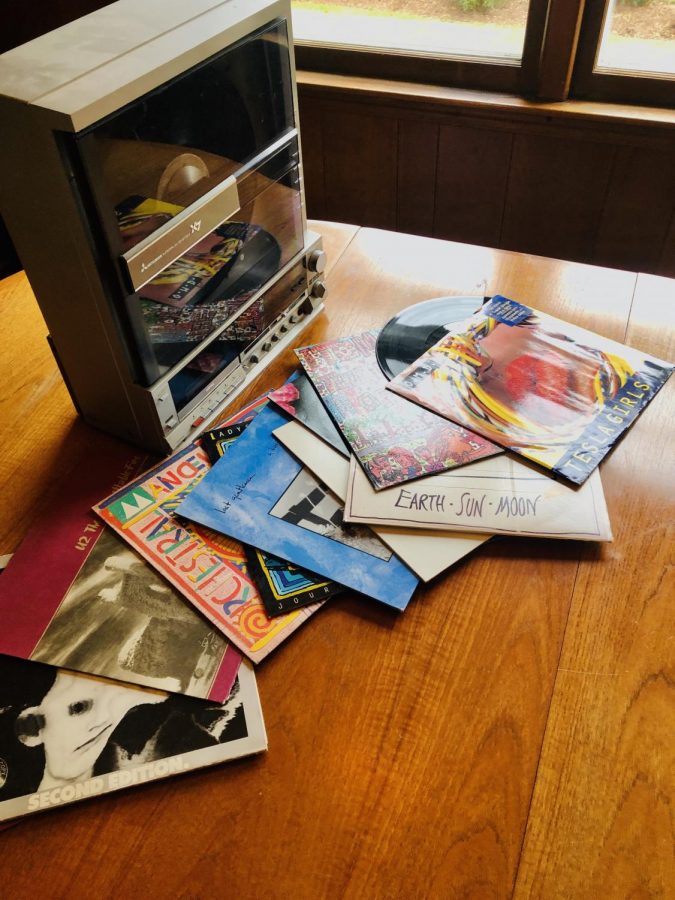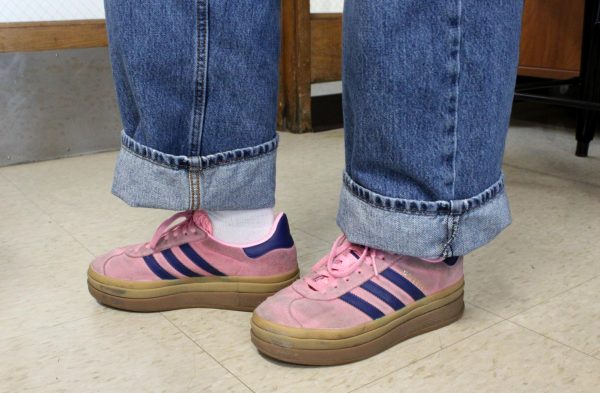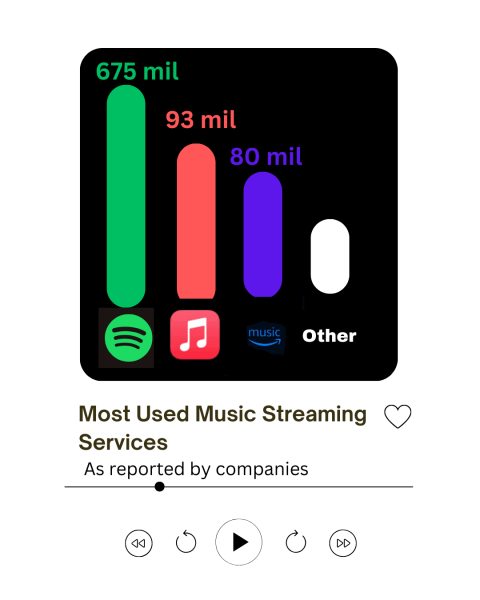Why Teenage Girls Run the Music Industry
Teenage girls’ musical preferences play a vital role in the success and popularity of many musical artists.
Because of World War II, there was an absence of young men in America in the mid-20th century, which created a largely young, female populace. As these females gained more leisure time and income, advertisers focused their attention on them. Seventeen, a magazine for girls ages 12-18, launched in 1944 and told its readers, “You are the bosses of the business.” Music quickly became the product targeted at teenage girls and a way for them to bond and rebel against society.
A 2004 study by Jupiter Research showed that girls ages 13-17 spent 15% more money on online music than boys of the same age. Girls were also twice as likely than boys to look up information regarding concerts and tours. A 2018 analysis of Spotify data by The New York Times showed that the music we listen to as teens shapes our music taste for the rest of our lives. This influence on musical preferences is even stronger in women than men. On average, women’s favorite songs came out when they were 13 (14 for men), and yet teenage girls’ interests are often dismissed, trivialized, and have even caused extreme reactions. In 1957, reporter Mac Reynolds wrote in the Vancouver Sun, “if any daughter of mine broke out of the woodshed tonight to see Elvis Presley…I’d kick her teeth in.”
As the Beatles became popular in 1964, a craze known as “Beatlemania” swept the world. The Beatles were even larger than the previous generation’s heartthrob, Elvis Presley. They appealed to an even larger audience than Presley because they were more approachable and less traditionally masculine than alpha-male Elvis and, better yet, there were four of them, each with his own unique appeal.
Yet adults sneered at the passion with which teenagers consumed The Beatles. Journalist Paul Johnson wrote an article for The Statesman, a British publication, in 1964 stating, “Those who flock round the Beatles…[are] the least fortunate of their generation: the dull, the idle, the failures.”
Nowadays, The Beatles are viewed as true artists and are often the subject of gatekeepers who don’t believe others can truly appreciate them, but it was teenage girls who made them popular in the first place.
Even though The Beatles’s popularity came quickly among fans and critics, it was solidified when they broadened their horizons and explored new things, like movies and psychedelic rock, which helped them continue to be popular among the masses. The teenage girls of the ‘60s created that star power even before the critics did. Each individual Beatle went on to have a successful solo career after the band broke up, and Paul McCartney was even knighted.
Another prime example of teenage girls choosing the next big star is NSYNC, the biggest boy band of the ‘90s. NSYNC didn’t have a lead singer, but fans decided Justin Timberlake was the star. Most people my age can’t name another member of NSYNC. I know I can’t. But they know Justin Timberlake, and he’s gone on to be quite successful.
There are many examples of this, but the most recent one is One Direction, the boy band of the 2010s. Similar to The Beatles, each member of One Direction had their own unique appeal and Harry Styles had the star power. Like McCartney and Timberlake, Styles has outpaced his former bandmates’ solo successes, although each has gone on to be quite successful with the help of the love from their fans.
Due to Styles’s wild success, he’s gone on to star in the film “Dunkirk,” is currently working on another movie, “Don’t Worry Darling,” and is a three-time Grammy nominated artist. He’s also had a large impact on the fashion industry, including being recently featured on the cover of the December Vogue issue. He is on track to become a member of the pantheon of artists like The Beatles, Aretha Franklin, David Bowie and many more.
There’s a very real possibility in the future people will gatekeep Harry Styles’s music from teenage girls as they do now with The Beatles, forgetting who made them both popular.
Teenage girls, as the leading consumers of music, are often dismissed and overlooked, and they deserve to be heard. Who will be the next breakout star? Ask a teenage girl.










